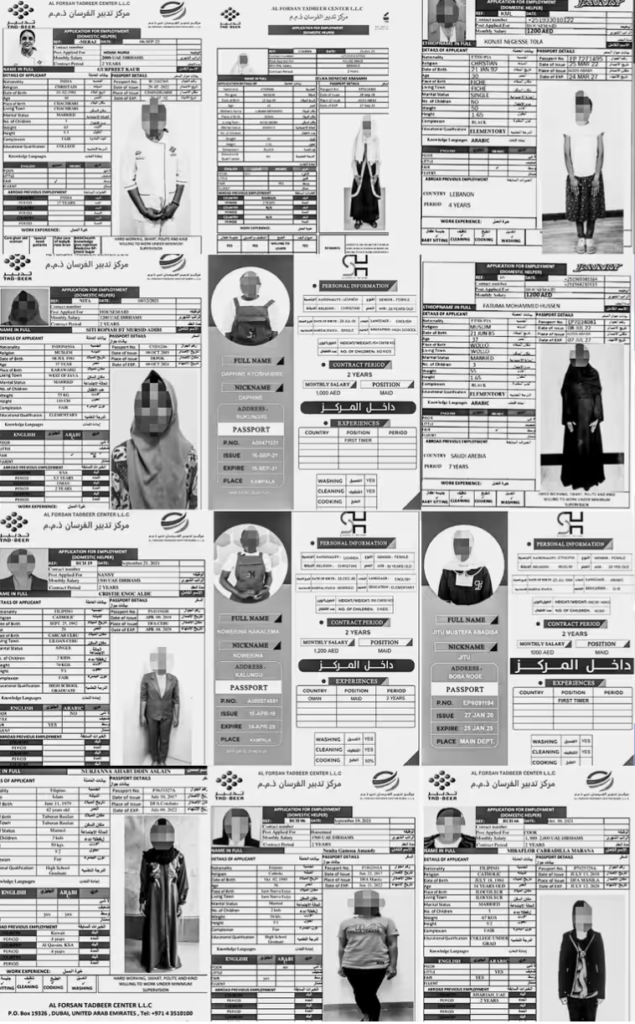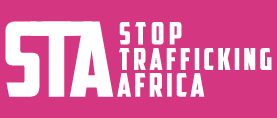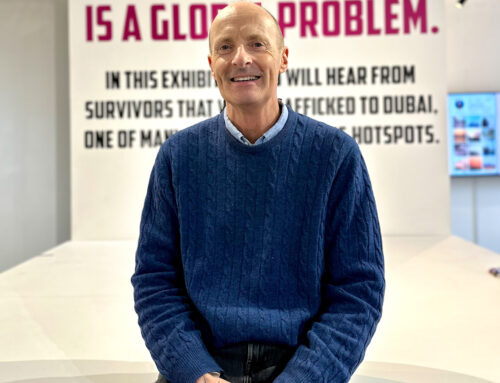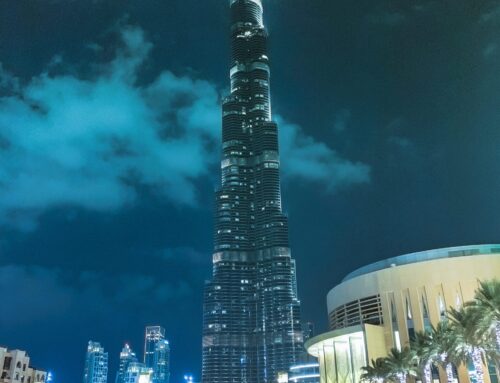Denied Food And Passports, Held Captive And Sold On Social Media – Domestic Work In The United Arab Emirates
In our mission to educate and raise awareness about human trafficking through the Hope Education Project, it’s crucial to learn from real-life scenarios. A recent investigation by The Guardian sheds light on the dark underbelly of domestic labour recruitment in the UAE, offering a powerful case study.
Many women from West Africa and the Philippines, seeking better economic opportunities, are lured to the UAE with promises of employment as domestic workers. However, upon arrival, their dreams turn into nightmares. Their passports are often confiscated, effectively trapping them in foreign lands. They find themselves in overcrowded, squalid living conditions, waiting indefinitely for employment.
Margarita, a Filipina worker, recounts her ordeal of being housed in a cramped room with several others, stripped of her freedom and dignity, and treated like a commodity. This experience is unfortunately common among many such women, who are denied basic rights and subjected to inhumane treatment.

‘We lie on the floor till someone buys us’: shocking allegations of UAE agencies’ abuse of domestic workers
“The moment we landed [agency staff] took our passports. Then we went to this house. In one little room, eight or nine of us slept. Using mobile phones wasn’t allowed,” says Margarita*, a Filipina who was recruited by an agency in the Emirate of Ajman. “We lie together on the floor until someone buys us.”
What’s more alarming is the role of social media and technology in this modern form of human trafficking. Recruitment agencies, operating with official licenses, openly advertise these women on platforms like Facebook, Instagram, and TikTok. These adverts not only display personal details but also blatantly discriminate based on race and nationality, with African women often valued less than others.
This situation in the UAE serves as a stark reminder of the deceptive nature of human trafficking. Promises of employment and a better life can quickly turn into exploitation and abuse. The experiences of these women underscore the importance of being vigilant and cautious, especially when considering overseas employment opportunities.
The Guardian report also highlights the role of governments and international organizations in curbing these practices. Despite laws against human trafficking and labor exploitation, investigation and enforcement in the UAE is rare. The rights of domestic workers are routinely violated, a situation exacerbated by the kafala system with victims being treated as criminals.
The harrowing accounts from the UAE reported by The Guardian is a call to action for all of us. We must educate and raise awareness about human trafficking at all levels of the social ecosystem – potential victims, law enforcement, border agencies, medical workers and community leaders amongst many others. But most importantly we must educate at the beginning of the supply chain – in schools with young people.







